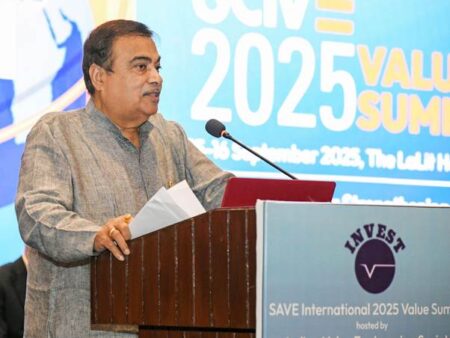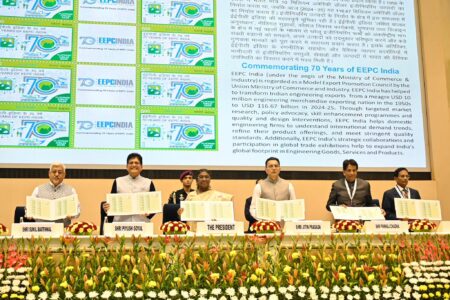In an effort to stop revenue leaks, the government is probably going to start requiring businesses with a goods and services tax (GST) annual turnover of over INR 5 crore to switch to electronic invoicing from January 1. According to reports, a government official with knowledge of the development said that the GST Network had requested from its technology providers that the portal be prepared to manage the increased capacity by December.
By the end of the next fiscal year, all companies with annual revenues of over Rs. 1 crore are expected to fall under this framework, which will help to further stop revenue leaks and boost compliance. The GST Council advocated requiring e-invoicing for companies with annual sales of over INR 5 crore as of January 1 in order to bring all small firms into the formal economy. The GST Council has made the decision to introduce electronic invoices gradually.
In order to obtain a tax credit, it would be helpful to synchronize the sales data of a small company vendor with large corporate clients. According to the official, doing so would increase compliance, extend the GST base, and speed up the detection of erroneous ITC claims.
E-invoicing for business-to-business (B2B) transactions became the norm as of October 1 for companies with an annual combined revenue of at least Rs 10 crore. Beginning October 1, 2020, businesses with a 500 crore annual revenue will be required to use e-invoicing for B2B transactions.
This criterion was then reduced to enterprises with a turnover of INR 100 crore starting on January 1, 2021, and again on April 1, 2021, to companies with a turnover of INR 50 crore. Businesses having a turnover of more than INR 20 crore were eligible as of April 2022.











